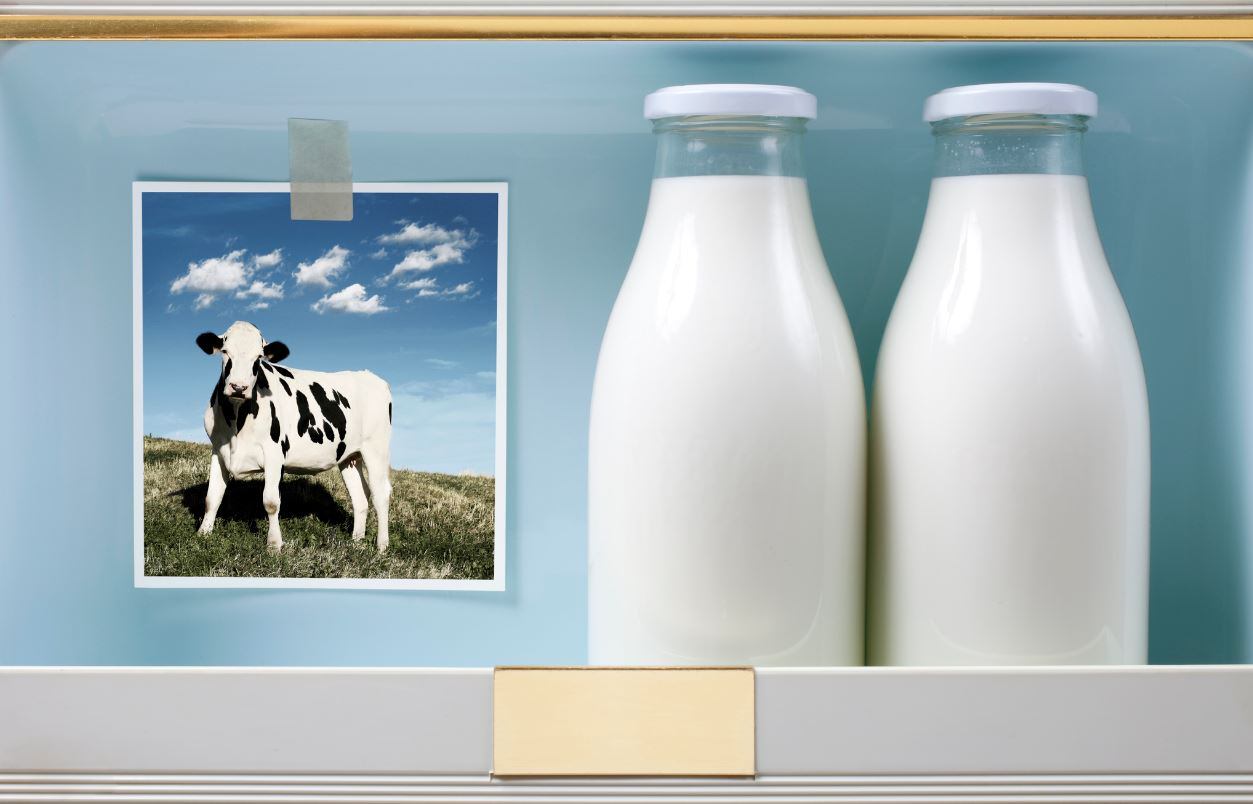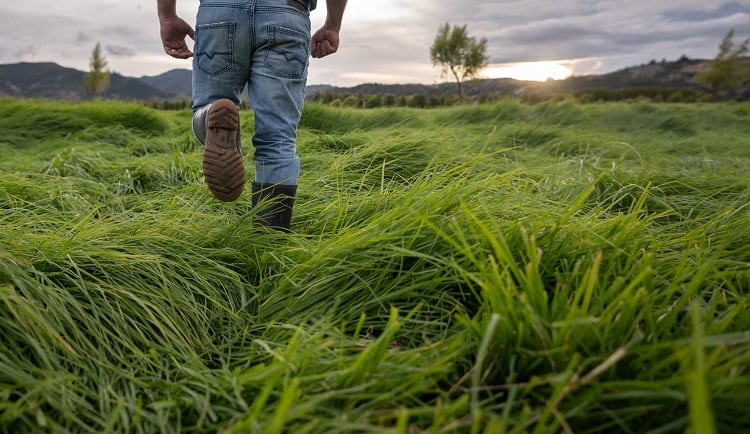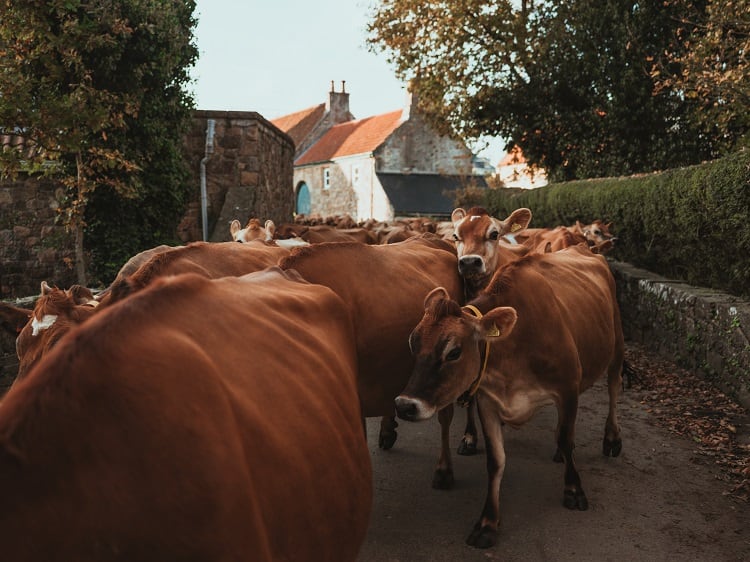A special advisory group of 29 organisations, including lobby groups and NGOs, delivered the new and final Strategic Dialogue on the Future of EU Agriculture some months after its original 2023 deadline.
Report stakeholders reached the consensus to revise EU animal welfare legislation by 2026 and advised how the EU’s food and agricultural industry could do more to “empower” consumers to make sustainable and higher welfare choices.
Public funding would be needed to change the sector and create a sustainable and higher welfare agri-food system, it made clear. This included a reform of the Common Agricultural Policy (CAP) and a temporary Just Transition Fund should be created outside the CAP.
Ending caged animal production by phasing it out was advocated, and scientific evidence of the negative repercussions of industrial agriculture on animal welfare, as well as sustainability was acknowledged.
EU-wide welfare labelling
Recommendations for an action plan to support the development of the plant-based food protein sector were also made. The report urged faster regulatory pathways for innovative products and processes focused on sustainability. It said this would allow for unhindered approval of innovative, alternative proteins needed to reduce farm animal numbers.
It also called for an EU-wide animal welfare labelling system to be included on all meat and dairy products originating from, or processed in, the EU.
This would also include the need, in line with World Trade Organisation rules, for the adoption of import requirements. As a result, any EU animal protein consumption from imported products would not fuel unethical or environmentally damaging practices, it said.
“We are pleased to see a consensus on the foundational importance of animal welfare,” said Eurogroup for animals CEO Reineke Hameleers. “We must stress, however, that given the existential nature of the crises we are facing, these recommendations must be translated into actions with concrete timelines.
“This is also a democratic duty to the millions of citizens who have continuously demanded better EU laws for animal welfare.”
However, the report was criticised and labelled a “classic delay tactic” by the director of advocacy at the European Institute of Animal Law & Policy, Olga Kikou.
EU's delay to animal welfare
“Over the past many years, there have been many stakeholder discussions and this particular dialogue was not at all needed,” said Kikou, who is also organiser of the ‘End the Cage Age European Citizens’ initiative.
The report's main purpose was political, claimed Kikou, and was intended to, among other things, delay the publication of draft laws aiming to reform EU agriculture and instead appease farmers ahead of elections.
“We now have a report that, in the case of animal welfare, calls for further delays and even more unnecessary impact assessments. Even if the industry has agreed to the reform in principle, experience shows that they can easily go back on their word and lobby against progress on the issue,” urged Kikou.
Responding to the criticism, a Commission spokesperson said: "The Commission has been acting to improve animal welfare for over 40 years, progressively improving the lives of animals and adopting welfare standards in legislation that are amongst the highest in the world. Animal welfare is and will remain a priority for the Commission."
It pointed towards animal welfare proposals put to the Commission last year, in which it had repeatedly expressed its commitment to high levels of animal welfare.
"It is the biggest reform of EU animal welfare rules in transport in 20 years. Furthermore, we ensure our proposals are based on strong scientific advice from EFSA," the spokesperson added.





